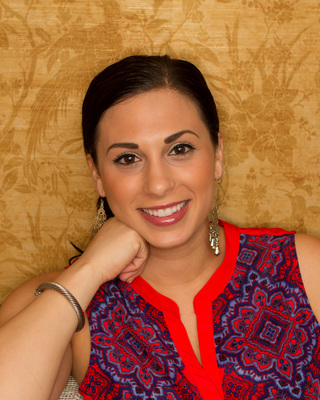

Laura Bedard, and her sister Dr. Jennifer Robinson have written and released a home-illustrated, impactful children’s book which follows Henry, a child with an FASD. This book is a follow-up to “My Adoption Feelings: A Guide to Children’s Experience with Adoption” from 2016. Presently, in “My FASD Feelings: A Guide to Children’s Experience with Fetal Alcohol Spectrum Disorders” Henry now holds knowledge of his adoption, and is attempting to face his FASD diagnosis.
Based on her own adopted son Gabriel, who received his diagnosis at four years old, Laura Bedard wants this book to be a “conversation starter” for those with FASDs and their caregivers. Around the age of eight, Gabriel began questioning differences he noted between him and his peers, specifically at school. Much like Henry’s fictional conversation with his family, it spawned from educational awareness as school remains a distinct milestone for children with neurodiversity and learning disabilities.
Bedard mentions that it can be tough or complicated for adoptive parents to start the FASD dialogue due to birth parents, and that “his story is not the same for every kiddo.” She then emphasized that “nobody is to blame,” because alcohol-use and pregnancy are such stigmatized topics, avoiding negativity within them is key; especially when attempting to have an honest conversation with a confused child. “If you start the narrative with negativity, how do you think a child would feel?” Directing blame or anger towards birth parents may trickle down and affect the child themselves, which can go against the initial offering of support.
A main theme of this book is that of change; Henry is told he will be switching schools. “Big changes are a big thing,” Bedard says, advising that open, consistent communication about transitions or adjustments is fundamental. “Exposure can be really helpful, take time and explain, show pictures,” to avoid springing unexpected events onto brains that require foresight, guidance, and details. In her own home, Laura Bedard utilizes visual timers which physically show time-passage and assist in alleviating any stress or confusion towards it.
As Henry experiences change, he also deals with numerous emotions like anxiety, frustration, and puzzlement. In order to calm down, he takes deep breaths, counts, and lays. Bedard explained that meaningful distractions are often the most helpful tool for de escalation, with Gabriel, she turns towards goofiness and suggest they go outside to play, color, or build things. When a youth with FASD becomes overwhelmed, there is often “no time for lecturing or talking.” Hence, why Bedard proposes an activity that may shift the course of spiraling thoughts into a creative or goofy outlet, with intent to return to the initial matter at hand.
Task-lists can be vital to neurodiverse persons and severely cut down on frustrations for all those involved. Remember: “You can support, but it’s not your job to fix or cure.” Often, a vague directive is not comprehensible to minds with FASDs, as set the table does not entail the how, what, and why of the command. Instead, Bedard puts forward breakdowns of original desires, grab four spoons and four plates from the top drawer please. A shift in the way tasks are prompted can be a large preventative of blowouts and meltdowns, and also prevent the irritation that comes with repeating oneself.
Laura Bedard wants youth with FASDs to know that “they are not alone,” as isolation may seem profuse. She emotionally spoke on how Gabriel used to call himself “dumb” or “weird” because his brain function expressed itself uniquely from others around him. Bedard thoughtfully claims that stressing the strengths of those with FASDs is crucial, “It’s not about what you can’t do, it’s about what you can!” In his own empowerment, Gabriel delved into his talent of building with legos and other activities.
As for caregivers of those with FASDs, Bedard notes how FASD is “brain based, not a behavioral issue,” and how it may be easy to feel alone in this journey because “the stigma prevents sympathy.” FASDs are common, much more common than people think, but unfortunately so is shame and confusion. Stories like Henry’s, Gabriel’s, and Laura’s are meant to inspire and show what authentic communication can accomplish. Starting this conversation may be hard, but it is so worth it.
Want some guidance or support on your FASD journey?
